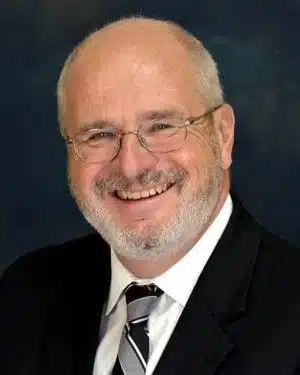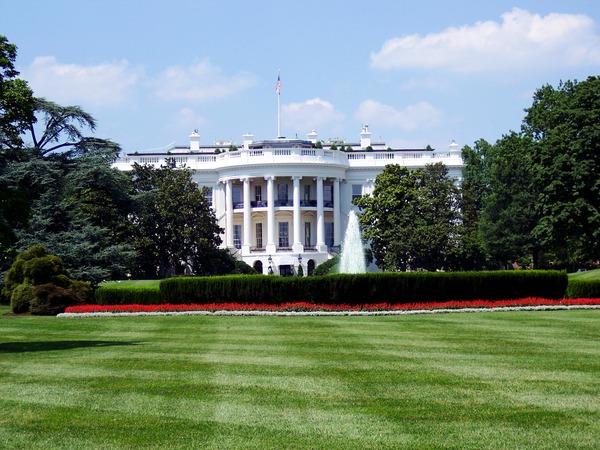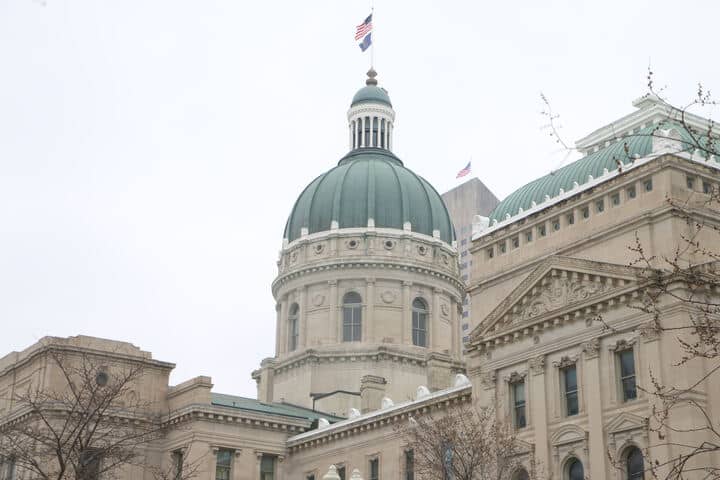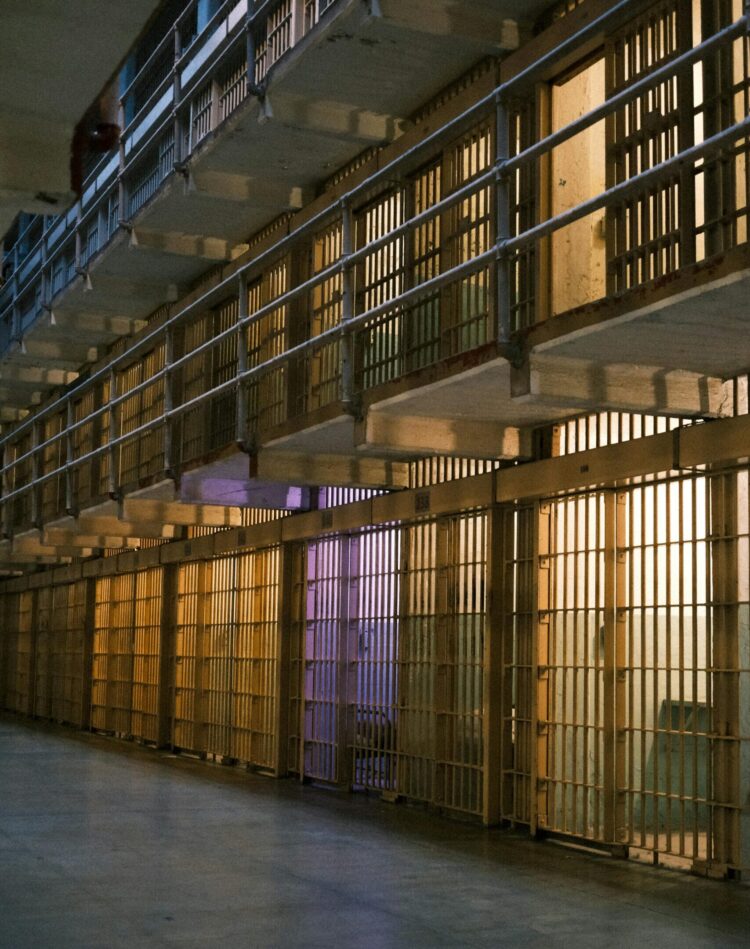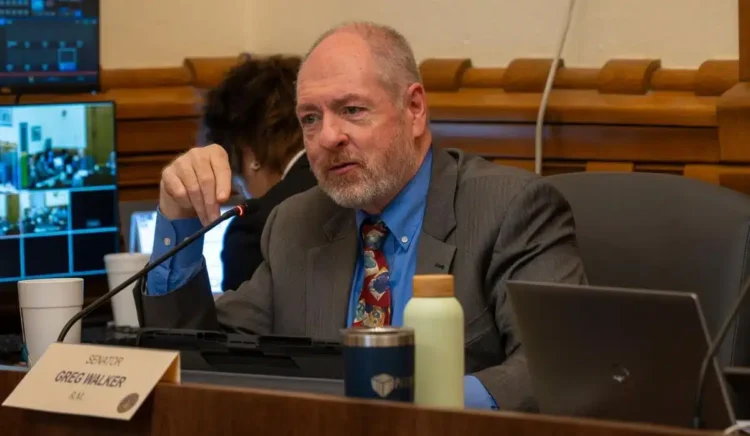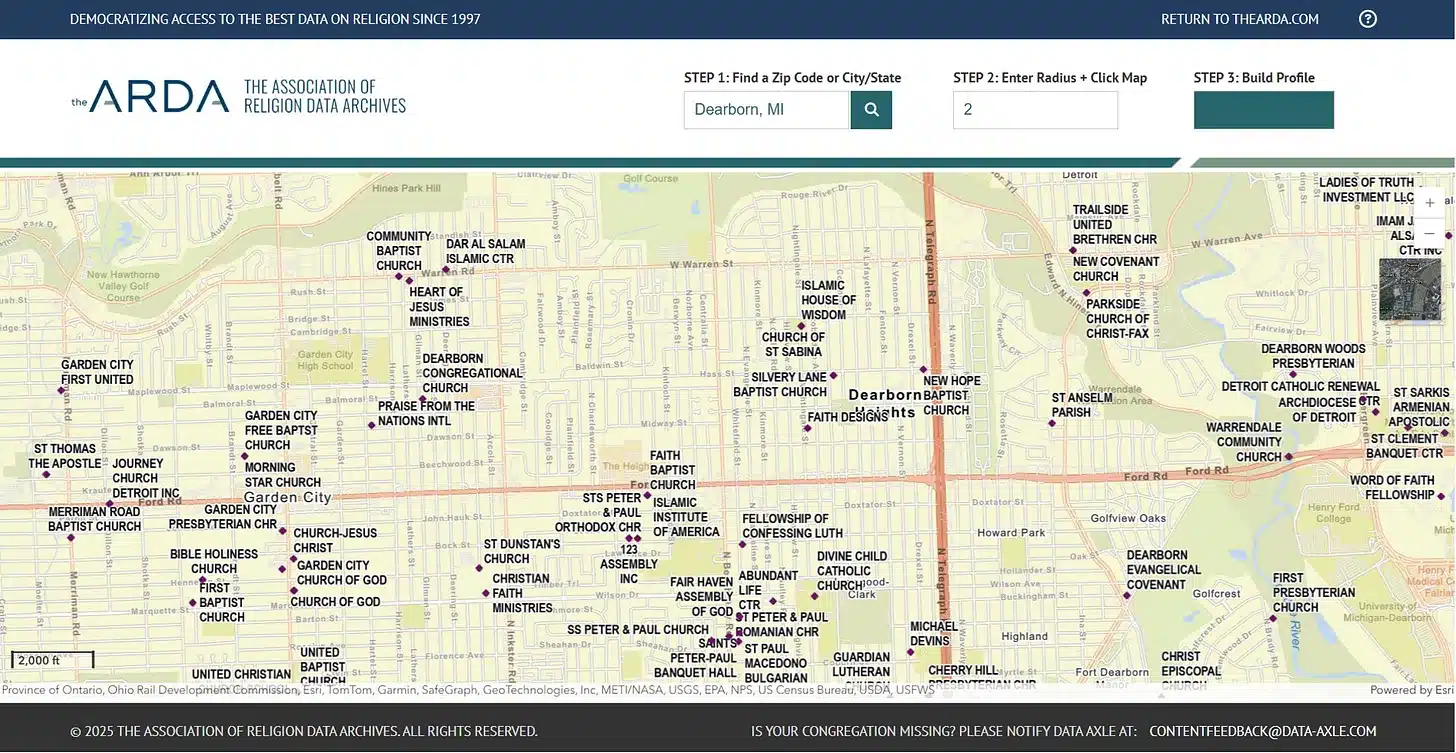The editor pulled everyone together for an organizational meeting. He walked us through how the blog would work—how he wanted the entries to be shorter than a traditional newspaper opinion piece and to have some zing.
Then, at the end of his presentation, he assured us that he and the other editors would monitor the site to make sure there were no mean or abusive comments left on one of our blog posts.
I laughed out loud.
The editor asked why.
I told him that he needn’t worry about that for me. After spending decades as a newspaper columnist, a radio talk show host and the executive director of the Indiana Civil Liberties Union, I was used to hearing harsh assessments of my work, my thinking and even my ancestry.
Purely as a matter of intellectual curiosity, I said, I wanted to see if someone could find a name to call me that I hadn’t heard before.
Besides, I added, the blog was supposed to stimulate discussion. If we were going to have our say, then it was only fair that we let others have theirs.
That was a while ago. Since then, most of the comments, name-calling and back and forth have moved to social media—in part because those platforms are largely immune from libel suits in a way that traditional news sites aren’t.
I hadn’t thought about that episode for a while, but the memory sprang back to life when the whole dustup regarding TV talk show host Jimmy Kimmel popped up.
For those who may have been hiding under a rock, ABC took Kimmel’s show off the air for a week. That move came as a result of pressure from a chain of affiliates that had a merger in the works that required approval from the Federal Communications Commission. The head of the FCC, a strident supporter of President Donald Trump, threatened to block the merger if the affiliates and ABC didn’t deliver Kimmel’s head on a platter.
Kimmel’s fans and supporters of free speech pushed back by cancelling subscriptions to anything and everything that had a tie to Disney, ABC’s parent company.
When it became clear to ABC that its financial losses would be greater with Kimmel off the air than on, the network reversed course.
And put Kimmel back in front of the TV cameras.
Several chains of affiliates—including the two seeking the merger—refused to air his show when it returned.
Several things made this strange episode interesting.
The first is that it reveals just how fragmented our media and cultural landscapes are.
We often think of television networks as monoliths. As this story unfolded, though, it became clear that the interests of the affiliates, the network and the network’s parent company not only were not aligned, they often were in conflict.
The affiliates made a business decision to stop airing Kimmel’s show.
And ABC and Disney made a business decision to put him back on the air.
Dollars, not ideology, determined their courses of action.
The second is how vulnerable legacy media are right now. As network profit margins have shrunk, it has become much, much easier for Trump and others of like mind to squeeze them.
He, after all, possesses—courtesy of the taxpayers—an unlimited budget for frivolous lawsuits that many media operations cannot afford to contest, even if they’re certain they’ll win. He also, as the FCC pressure demonstrates, has other forms of leverage at his disposal.
The third thing, though, fascinates me the most.
It is that, in all his years as a public figure, Donald Trump never developed the toughness most other leaders have. His skin is so thin that he probably never should be exposed to direct sunlight.
That I don’t understand.
No one forces those of us who take turns on the public stage to do so. We make a choice to do this work and we should accept responsibility for that choice.
When someone disagrees with something I’ve written, I don’t throw myself a pity party.
And I sure as heck don’t try to get my critics fired.
Donald Trump has the world’s biggest microphone and gets to have his say on anything and everything.
It’s only fair that others should have theirs, too.

